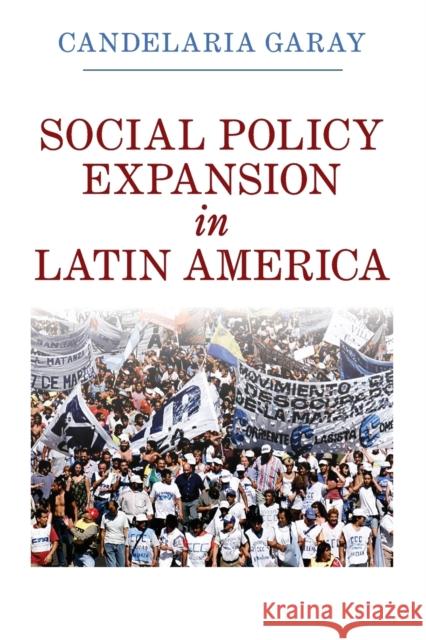Social Policy Expansion in Latin America » książka
topmenu
Social Policy Expansion in Latin America
ISBN-13: 9781316606407 / Angielski / Miękka / 2016 / 406 str.
Social Policy Expansion in Latin America
ISBN-13: 9781316606407 / Angielski / Miękka / 2016 / 406 str.
cena 158,58 zł
(netto: 151,03 VAT: 5%)
Najniższa cena z 30 dni: 151,07 zł
(netto: 151,03 VAT: 5%)
Najniższa cena z 30 dni: 151,07 zł
Termin realizacji zamówienia:
ok. 16-18 dni roboczych.
ok. 16-18 dni roboczych.
Darmowa dostawa!
This book provides a novel explanation of widespread social policy expansion in Latin America beginning in the 1990s.











